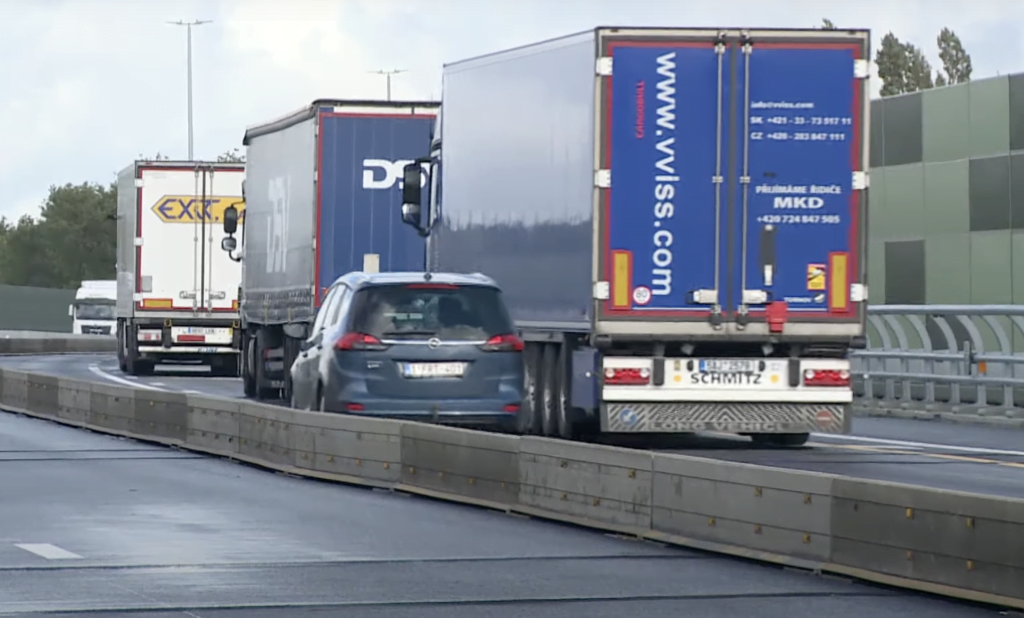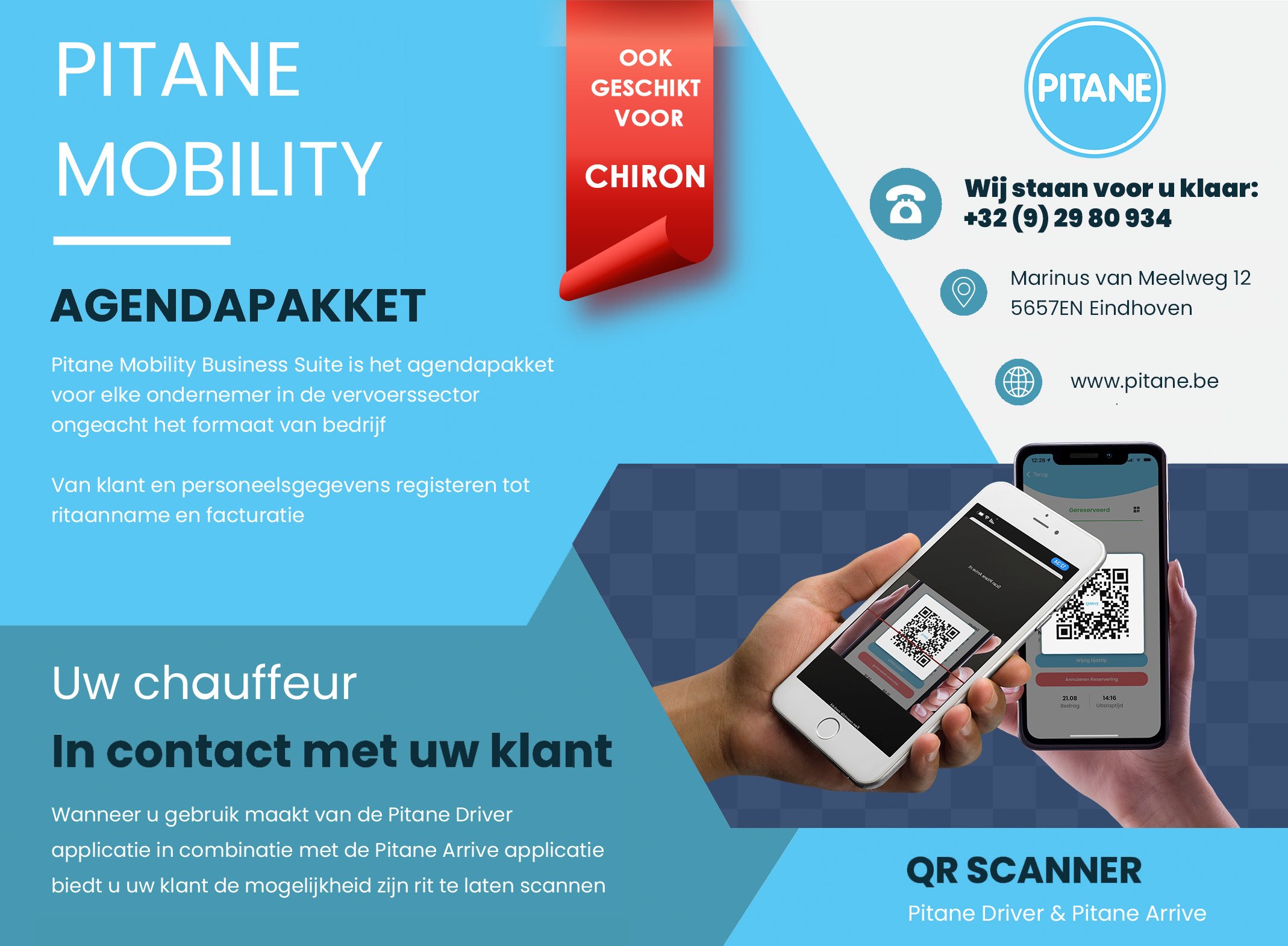Officials and the Flemish Mobility Council are calling for urgent adjustments to the fine procedure to tackle impunity and road safety.
In Flanders it appears possible to escape administrative fines, better known as GAS fines, for minor speeding offences. Drivers of company cars and lease cars in particular can do this by simply declaring on the response form that they were not behind the wheel at the time of the violation. According to a investigation report of the Gazet van Antwerpen, this is also explicitly stated in an advice from the Flemish Mobility Council (MORA) to the Flemish parliament. The advice emphasizes that refusing to reveal the actual driver usually leads to the termination of the fine procedure.
However, Mobility Minister Peeters states that concealing the identity of the driver by so-called legal entities, a term that in this case refers to companies and leasing companies, is a criminal offense. Nevertheless, she notes that Flemish courts do not consider these files as a priority. The question is therefore whether legal prosecution will actually follow. In addition, the sanctioning officials who issue the GAS fines depend on the cooperation of these companies to obtain the name of the actual driver.
The Flemish Association for Cities and Municipalities (VVSG), like the Mobility Council, has warned several times about this state of affairs. Both organizations emphasize that this leads to impunity. Even though in theory everyone can use this loophole, the problem is especially visible among drivers of commercial vehicles. Both MORA as a VVSG call for amendments to current regulations. Evading fines is not just a matter of cunning. It also has concrete consequences for road safety. Speeding is one of the main causes of traffic accidents. The current situation undermines attempts to discourage this behavior and thus increase safety on Flemish roads.

It is evident that the current system of GAS fines is not only inefficient but also contributes to a culture of impunity, especially among drivers of company cars and lease cars.
MORA
The Mobility Council of Flanders (MORA) is the strategic advisory council for the Mobility and Public Works policy area. The MORA advises the Flemish Government and the Flemish Parliament on the main lines of mobility policy and public works in Flanders and provides advice on preliminary drafts and proposals for a decree, draft decisions and draft cooperation agreements that the Flemish Community or the Flemish Region wishes to conclude. with the State or with other communities and regions, the budgetary policy to be pursued regarding mobility, including the multi-annual investment plans of the entities responsible for traffic and transport, and regular transport operations.
VVSG
The Association of Flemish Cities and Municipalities (VVSG) is an advocate, knowledge sharer and network builder of and for local authorities. At the VVSG, standing up for the interests of Flemish local authorities is central. That is the core of their role as advocates. Every year they handle many dozens of Flemish, federal and European policy files, which they raise with ministers and their cabinets, in parliament, at administrations and during numerous formal and informal contacts. In this way, they influence policy and decision-making at various levels of government.



